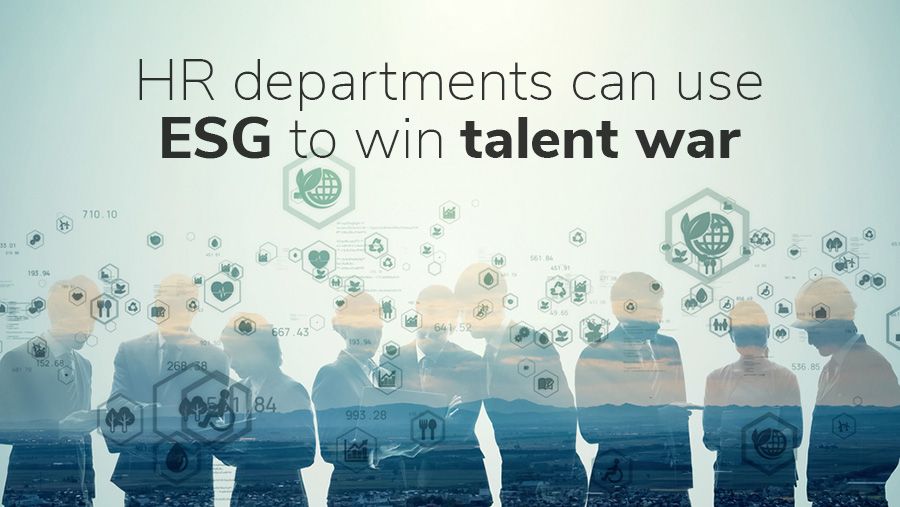With competition for talent at an all-time-high, organisations must take every chance they can to appeal to the demands of prospective staff. On this basis, a new report finds that human resource directors have a golden opportunity to lead their company’s strategic focus in the context of social sustainability.
The pandemic showed that employees’ work – and their willingness to make sacrifices – was crucial for the success of their employers. With many bosses keen to return to the way things were before – with pay, conditions, and culture stagnant in many cases – a growing number of workers are less willing to settle for ‘business as usual.’ As a result, job vacancies in the UK are reaching a record high, with one study finding 63% of businesses were experiencing unusually high attrition rates.
Amid this, one way which companies might consider increasing interest in their offerings is by ramping up environmental, social and governance efforts. According to a new study from Mercer, while 49% of employees said an organisation actively managing workforce health and financial wellbeing were important to them, another sizeable chunk of 37% preferred companies committed to environmental protection and social justice.

Many companies recognise the intense feelings employees have on ESG. Indeed, many organisational ESG goals are powered by employee activism. When asked, 86% of business leaders considered the largest stakeholder group to influence ESG activities within their company as its employees – even ahead of customers at 83%. Despite this showing sustainability is extremely important to current or future employees, though, some companies are failing to live up to those expectations.
Human resources departments talk a good game when it comes to sustainability – 80% of UK HR directors consider ESG to be a top priority. However, a lower 70% said that it was actually part of the company’s HR strategy, indicating further scope for inclusion within HR strategy. David Wreford, a Partner at Mercer, warned that more needs to be done to make sure HR leaders make the most of the opportunity to use ESG when competing for talent.
Wreford explained, “While ESG may be on the agenda for many executive boards, identifying appropriate leaders within organisations for specific operational elements can be a challenge… This can result in ESG inertia, where an organisation is unable to identify and fully commit leaders to achieve its ESG goals.”
According to Wreford, firms might give employees incentive to remain with their firm by giving them a sense of purpose via ESG drives. He added that HR can play “a critical role” in breaking down sustainability into manageable individual elements “to improve the employee experience.” In this case, people sustainability “must be thought of holistically beyond the company‘s own employees and be anchored in the company‘s everyday life.”




